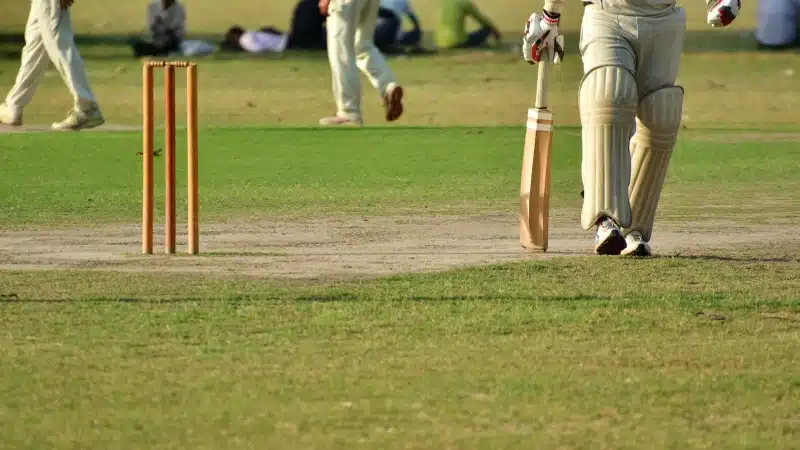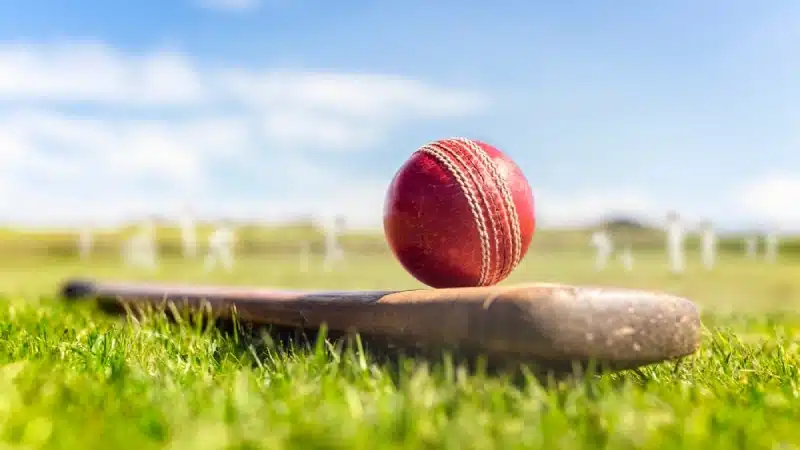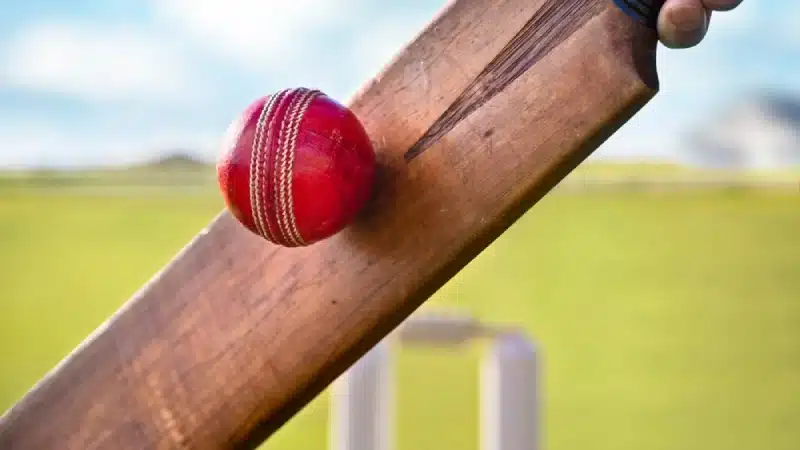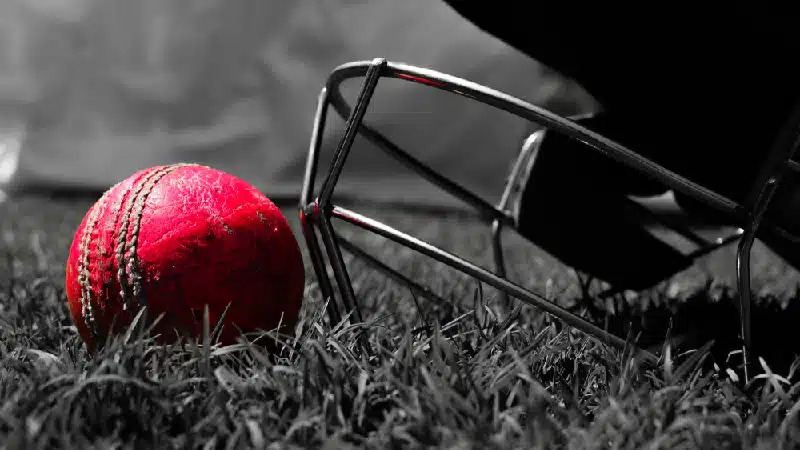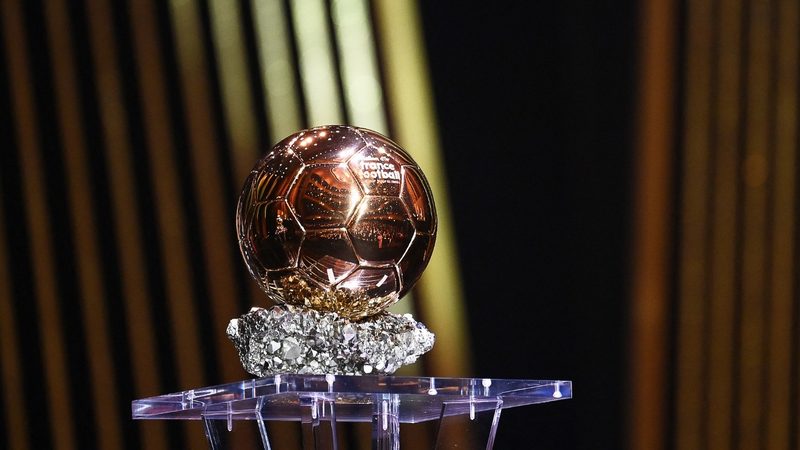
France Football, the organisers of the Ballon d’Or, will now select winners on the basis of performances across an entire football season.
The magazine’s editor-in-chief, Pascal Ferre confirmed three further changes to the awarding process in an interview with L'Equipe.
The decision to amend the rules comes after France Football controversially rewarded Lionel Messi with a record-extending seventh Ballon d’Or, ahead of Bayern Munich's Robert Lewandowski.
How the Ballon d'Or was decided?
Previously, a Ballon d’Or winner would be judged by individual and collective performances (winners) over a calendar year.
The list of candidates would be drawn by France Football and L’Equipe journalists, besides a "diverse international jury" of voters made up of national team coaches and captains from a selection of FIFA's 209 national associations.
For more details on the entire voting process, click here.
What are the new changes to the Ballon d’Or award process?
Starting from the 2022-23 season, the Ballon d’Or awarding process will operate with a new format.
France Football has come out with four major changes, with official notes from the magazine.
Award process to consider season’s performances instead of the calendar year
“Because the award was originally designed to celebrate the best player of the year, since then no change has taken place at this level,” said Ferre.
“The BdO celebrates the strongest from January to December, which obliges, de facto, to judge and gauge two half-seasons - January-July and August-December (sometimes accompanied by club changes in the off-season) - rather than one season in its entirety and continuity,” he added.
“Also, by proceeding with a slight shift in time, with an abandonment of the calendar rhythm and an alignment of the BdO (men and women) on the classic seasonality of football - for the month of August, which coincides with the start of the major championships and the European preliminary rounds, the following July, which corresponds to the lowering of the curtain for all competitions, national and international, selections included - we end up with a clarification of the performances to be counted and evaluated.
“The next edition will therefore take into account the entire 2021-22 season which will end with the Women's Euro (July 6-July 31, 2022). The World Cup in Qatar (November 21-December 18, 2022) will, however, be included in the 2023 Ballon d'Or edition.”
Shortlists to be more streamlined
“Because the Ballon d'Or begins as soon as the famous lists of nominees are drawn up (thirty for men, twenty for women and ten for the Yachine and Kopa Trophies), it was decided to reinforce this essential step. In order to present a selection of suitors as fair, indisputable and relevant as possible, we acted to change the process which, until now, mainly involved the writers of France Football.
“To the lists of France Football (and L'Équipe) journalists will now be added BdO ambassador Didier Drogba (for the men's BdO and the Yachine and Kopa Trophies) as well as the voter who has shown himself to be the most insightful in the previous edition.
“Among the men, for the next edition, it will be the Vietnamese Truong Anh Ngoc (The Thao & Van Hoa). Among the women, it will be the Czech juror Karolina Hlavackova (Ruik), to deliver her twenty applicants. From these lists will come the final official lists which will be unveiled in September,” he added.
Change in voting jury
“Because the Ballon d'Or has gone from sixteen European jurors (1956) to one hundred and seventy (2021) spread all over the world, it can boast of an astonishing and indisputable universality,” he said.
“This is what contributes to its influence and reputation. However, is the judgment ten times finer and better with ten times more jurors? Couldn't the gigantism of the jury end up weakening it?
“The openness to "small" countries (those which have neither a big natural football culture nor historical legitimacy and not always easy access to images of the main competitions) did not risk from time to time parasitizing the ballot, lack of adequate knowledge or expertise?”
“As there is no question of abandoning the founding democratic principle (all votes are equal, whatever the country), the idea is, therefore, to limit the jury to an "elite", to real connoisseurs.
“Thus, only the representatives of the first hundred countries in the FIFA rankings (and the fifty for women) will be "qualified" to vote. A tightening that reinforces the level of expertise and limits the (rare) fanciful votes. What will be lost in picturesqueness will be gained in legitimacy and reliability,” he added.
Clarity in rules to decide Ballon d’Or winner
“Because the rules have not changed much since their inception and the criteria frequently give rise to debate, we thought it [would be] appropriate to refresh the hierarchy of the constituent elements in the vote for greater consistency and clarity. And avoid any ambiguities.
“The Ballon d'Or is an individual award. Also, logically, criterion number 1 will focus primarily on individual performance and the decisive and impressive character of the contenders.
“Since football remains a collective sport despite everything, criterion number 2 will focus on collective performance and the record accumulated during the season.
“Finally, criterion number 3 will concern the class of the player and his sense of fair play. Because setting an example also counts. The most attentive will have noticed the disappearance of the "player's career" criterion. A way of considering the race for the Ballon d'Or as an open competition, and not as a preserve,” he concluded.
Author: William Paul
Featured photo: AFP / FRANCK FIFE













